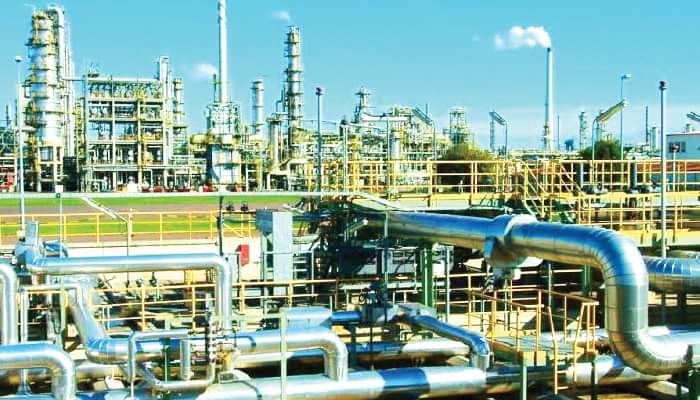The Petroleum Products Retail Outlet Owners Association of Nigeria (PETROAN) has clarified that the Port Harcourt Refinery Company Limited has not yet released any new purchase price for Premium Motor Spirit (PMS).

Dr. Billy Gillis-Harry, the National President of PETROAN, made this known in a statement issued on Wednesday.
This announcement comes after the Nigerian National Petroleum Company Limited (NNPC Ltd.) began the first truck-out of petroleum products on Tuesday, following the re-streaming of the Port Harcourt Refinery.
The re-streaming of the facility, which marked the beginning of crude oil processing, was seen as a significant milestone for the refinery, which has been undergoing rehabilitation. The refinery is currently operating at 70 percent of its installed 60,000 barrels per day (bpd) capacity, with plans to ramp up production to 90 percent in the near future.
“We are excited that the production and loading of refined petroleum products have commenced at the refinery, and we are expecting that soon, the price of PMS will be stated by NNPC to the benefit of Nigerians,” Gillis-Harry said, while emphasizing that PETROAN members were still purchasing PMS based on the old pricing template, pending the release of new prices by the NNPC.
In a related development, Mr. Olufemi Soneye, the Chief Corporate Communications Officer of NNPC Ltd., responded by confirming that the company had not yet begun bulk sales of PMS.
Soneye explained that the purchase portal for bulk sales had not been opened, as the company was still finalizing the necessary processes. He also stated that the products currently available at NNPC retail outlets were sourced from the Dangote Refinery, which includes fees from the Nigerian Midstream and Downstream Petroleum Regulatory Authority (NMDPRA).
Soneye further clarified that the products from the Port Harcourt Refinery were exclusively being distributed to NNPC retail stores for the time being.
The re-streaming of the Port Harcourt Refinery, which is one of Nigeria’s key oil processing facilities, has been seen as a crucial step in the country’s efforts to boost domestic refining capacity and reduce reliance on imported petroleum products.



